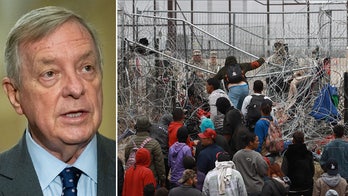What are the two richest countries in Europe? According to the Legatum Institute, which publishes an annual prosperity league, Switzerland noses ahead of Norway. Money isn't everything, of course. The United Nations runs a quality of life index, which also takes account of literacy, longevity, infant mortality and the like. It reaches the same conclusion: Switzerland and Norway are the best places on Earth to be born.
There has been a great deal of focus on these two chilly, mountainous lands recently. Because they are flourishing outside the European Union, Euroskeptics point to them as examples of how it pays to be a sovereign nation. Supporters of the EU, by contrast, are keen to rubbish their arrangements with Brussels, portraying them as oxpecker birds clinging to the mighty EU hippopotamus, voiceless passengers downloading Brussels laws over whose framing they have no say.
Last week, the British prime minister, David Cameron, effectively launched his campaign to stay in the EU by dismissing what he called a "Norway-style relationship." Yet the Norwegians themselves plainly prefer their deal to full membership. Opinion polls there show settled majorities of three to one against joining the EU. It's a similar story in Switzerland, which, like Norway, voted against closer ties with the EU in a referendum the early 1990s. As members of the European Free Trade Association, both countries get to participate fully in the EU market without having to join the political structures. True, they have no direct say over the shaping of the EU's laws; but then, those laws generally don't affect them.
Perhaps the oxpecker birds are getting the better end of the deal. Perhaps, in the modern economy, it's better to be small and agile. After all, the countries with the highest GDP per capita tend to be very small: Switzerland, the United Arab Emirates, Brunei, Monaco, the Channel Islands. It won't do to dismiss them as tax havens, either. How did they become tax havens? By having low taxes. Why are their taxes low? Precisely because they are small, and so avoid the duplication, the bureaucracy and the producer-capture that large states are prone to.




